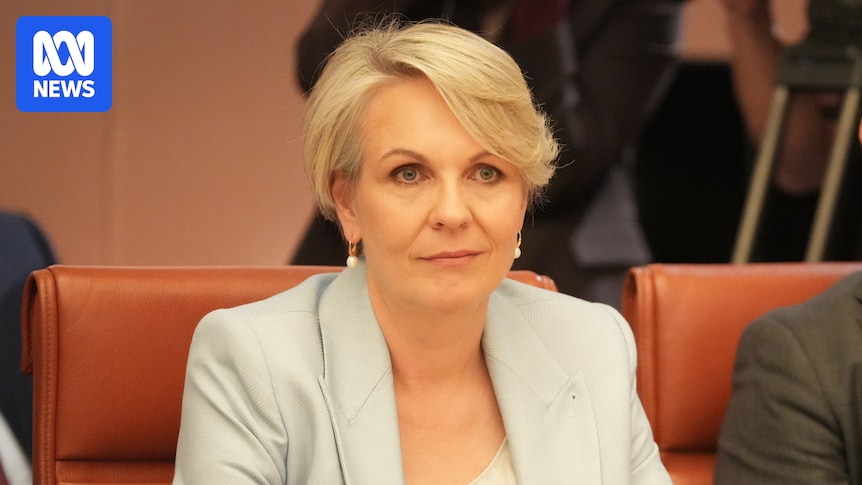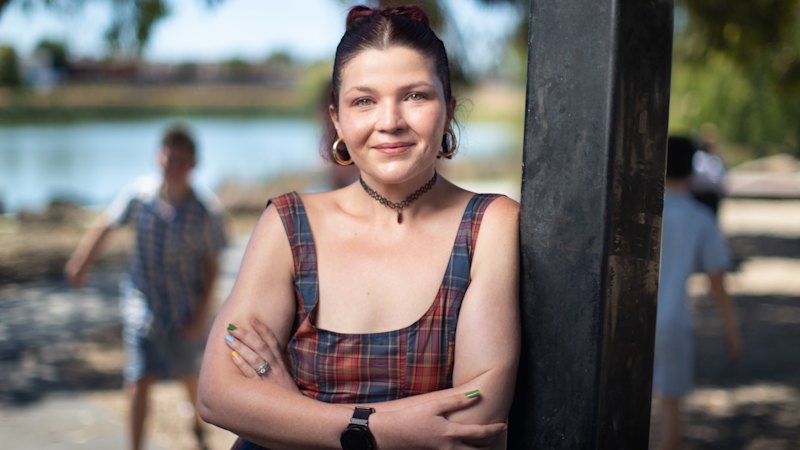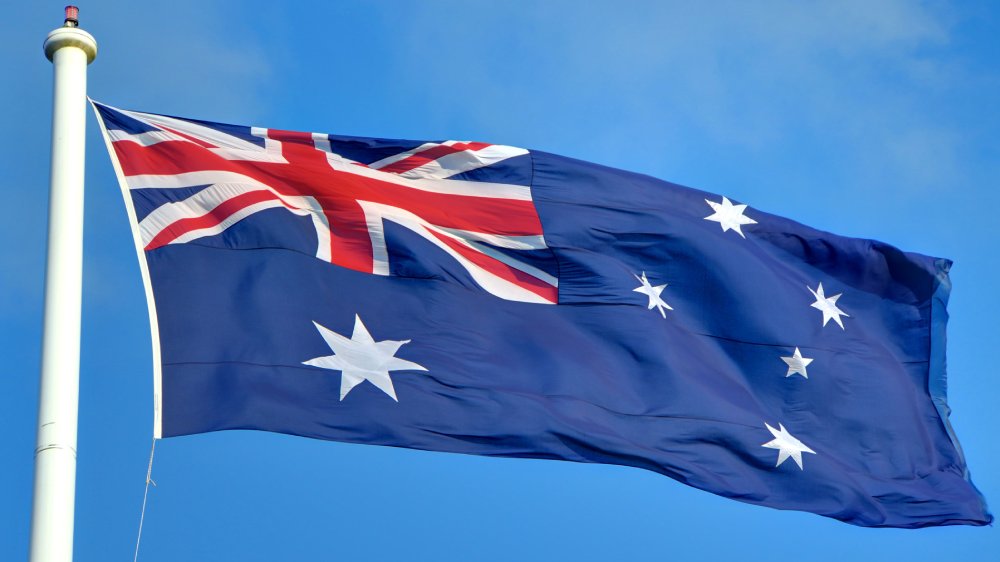
In a significant ruling, the Federal Court has found that former federal environment and water minister Tanya Plibersek approved a major water resource plan without reading it. The decision, handed down after years of legal proceedings, highlights the federal government’s failure to meet its legal obligations to engage and consult with Indigenous groups before approving the New South Wales Fractured Rock Water Resource Plan (FRWRP) in November 2022.
The court’s findings reveal that Plibersek did not have a copy of the FRWRP before her at the time of approval. This oversight has led to the court ordering the decision to accredit the FRWRP to be quashed, mandating that the plan be reconsidered by the current Environment and Water Minister, Murray Watt.
Implications for Indigenous Consultation
The ruling is seen as a victory for the Murray Lower Darling Rivers Indigenous Nations (MLDRIN), a confederation of 20 traditional owner groups in the southern Murray-Darling Basin. MLDRIN had taken the government to court, arguing that the necessary consultations with Indigenous groups on cultural, social, and spiritual aspects tied to water resources were not adequately conducted.
MLDRIN’s case highlighted that consultation requirements were not met, particularly noting the complete lack of consultation with the Tati Tati Nation. The court’s decision underscores the importance of adhering to consultation protocols with First Nations rights holders, a critical aspect of water resource management in Australia.
The Role of the Murray-Darling Basin Authority
While MLDRIN succeeded in its challenge against the former minister’s decision, it faced a setback regarding the role of the Murray-Darling Basin Authority (MDBA). The MDBA had recommended the approval of the FRWRP, asserting that it had reached out to First Nations rights holders, initially consulting the Northern Basin Aboriginal Network and later MLDRIN itself.
The court found the MDBA acted lawfully in recommending to the minister that the plan be accredited, even though consultation with First Nations fell far short of what First Nations required.
This aspect of the ruling suggests that while the MDBA’s processes were legally sound, there remains a significant gap between legal compliance and the expectations of Indigenous groups regarding meaningful engagement.
Context and Historical Parallels
The Murray-Darling Basin, a critical water system in Australia, has long been a focal point of environmental and political debate. The basin’s management involves complex interplays between federal and state governments, Indigenous rights, and environmental sustainability. The FRWRP pertains to the management of water found in fractures, joints, and cavities within rock masses across the Murray-Darling, an area not covered by other basin plans.
This case echoes past controversies over water management in the basin, where Indigenous groups have repeatedly called for more inclusive and respectful consultation processes. The ruling could set a precedent for how future water resource plans are developed and approved, emphasizing the need for genuine engagement with Indigenous communities.
Looking Ahead
The Federal Court’s decision to quash the accreditation of the FRWRP means that the current Environment and Water Minister, Murray Watt, will need to revisit the plan. This presents an opportunity for the government to rebuild trust with Indigenous groups by ensuring comprehensive consultations are conducted.
As Australia grapples with the challenges of water management in an era of climate change, the need for inclusive and sustainable practices becomes ever more critical. The lessons from this case could inform future policies, promoting a more collaborative approach to managing the nation’s vital water resources.
Meanwhile, the outcome of this case may encourage other Indigenous groups to seek legal recourse if they believe their rights and interests are not being adequately considered in environmental decision-making processes.
As the government moves forward, the focus will likely be on balancing the diverse needs of stakeholders while ensuring that the voices of Indigenous communities are not only heard but respected and integrated into the decision-making framework.







